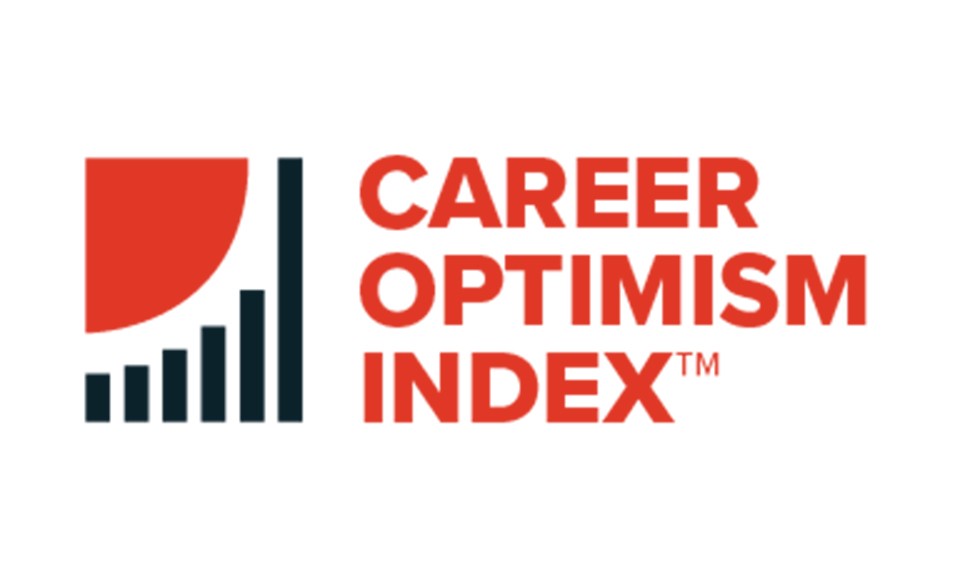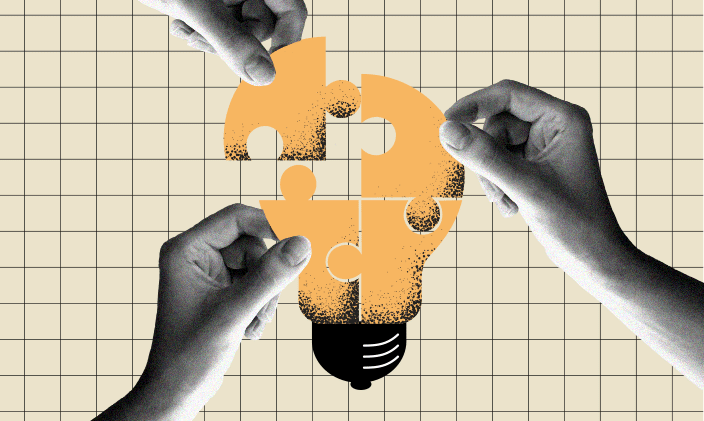University of Phoenix Career Institute releases inaugural Career Optimism Index

By Lilia Ortiz
In March, UOPX announced the launch of the University of Phoenix Career Institute, a research center within the College of Doctoral Studies.
This newly established institute will conduct research, share insights to inform problem-solving and collaborate with leading organizations to break down barriers that Americans face in their careers. It will also help provide holistic career support through research to everyone – not limited only to University of Phoenix students and alumni.
As the U.S. approaches the one-year mark of COVID-19 lockdowns, the University of Phoenix Career Institute has released the results of its first annual Career Optimism IndexTM, a comprehensive study measuring working Americans’ attitudes toward their careers to help identify barriers to career advancement and highlight solutions that can help all American workers accelerate their careers.
More than 5,000 U.S. adults were surveyed about how they currently feel about their careers, the challenges they face and their degree of optimism about the future of their careers. The study was conducted among a diverse sample of U.S. adults and includes additional analysis of workers in the top 20 media markets across the country to uncover geographic nuances.
The following are the study’s key findings. For more, check out our infographic.
Americans remain optimistic about the future of their careers
The study found Americans remain optimistic about the future of their careers even during the pandemic. In fact, seven in 10 Americans feel prepared to search for a job right now if they have to, and roughly eight in 10 believe they are highly employable, adapt quickly to new work situations and are resilient when facing career challenges.
– Hope and optimism are prevailing, despite the unprecedented challenges working Americans face in the wake of COVID-19.
– While Americans feel their careers have been disrupted, they remain positive.
– Americans are resilient.
Despite their optimism, Americans face significant career challenges
However, while Americans remain optimistic, the study found the pandemic has intensified persistent barriers that keep them from career advancement. That means workers need concrete support to translate their optimism into future career outcomes.
– One in three Americans believe that COVID-19 has taken their career off course.
– Both emotional and structural barriers impact career progression.
– Automation is top of mind.
– Americans are worried about losing their jobs and are stressed about their careers.
Americans want help with long-term career advancement
Despite optimism and confidence in themselves, 42 percent of Americans don’t see a clear path forward for advancing their careers. More than half need help connecting with others in their current or desired field. This includes finding a mentor advocate or seeking out educational programs.
– American workers want additional support and resources to translate their optimism into future career outcomes.
– American workers rank professional networking and skill development as top needs for advancing their careers.
The Career Optimism Index™ study is one of the most comprehensive studies of Americans’ personal career perceptions to-date. The University of Phoenix Career Institute has committed to fielding the Career Optimism Index every year. The results will be shared broadly to help inform societal solutions to career advancement and help support American careers.
For more information about the University of Phoenix Career Institute and the complete Career Optimism Index™ Study, visit www.phoenix.edu/career-institute.


